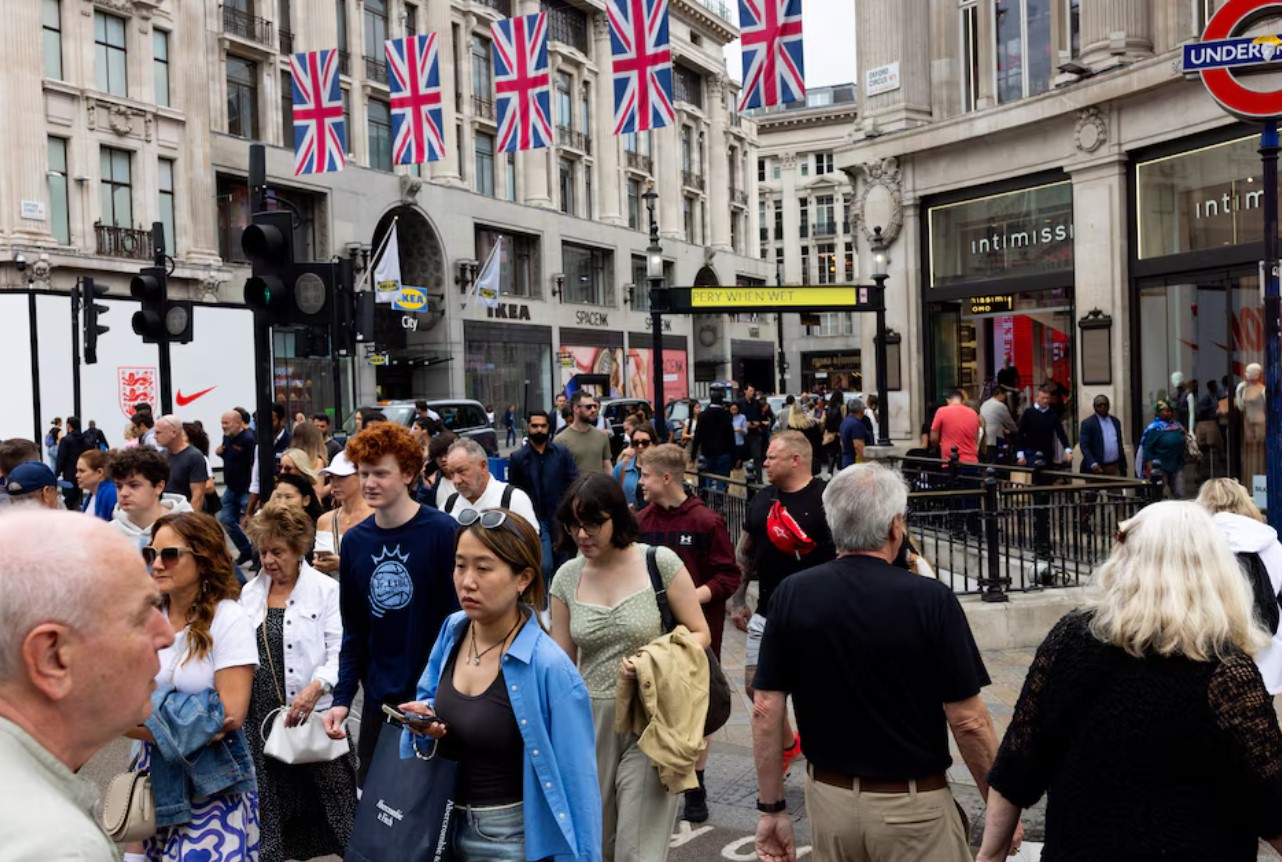British shoppers spent more in August, helped by summer weather and stronger demand for food, furniture and back-to-school computers – though some of the increase reflected higher food prices too, the British Retail Consortium said on Tuesday.
The BRC said spending at its members, mostly larger retail chains, increased by 3.1 per cent in annual terms in August after a 2.5 per cent rise in July.
On a like-for like basis – a measure which adjusts for changes in floorspace and is used by equity analysts – sales rose 3.1 per cent, their fastest this year apart from a 7.0 per cent jump in April due to the timing of Easter this year.
Food spending rose by 4.7 per cent in August compared with a 1.8 per cent increase for other goods.
“Stronger growth in food and drink was largely down to rising prices, which rose over 4 per cent in August, rather than increasing volumes,” BRC chief executive Helen Dickinson said.
Retailers were worried about consumer confidence and spending in the lead up to Christmas due to impact of the British government’s budget, set to be delivered by finance minister Rachel Reeves on November 26, she added.
Consumer spending figures from Barclays – which cover a wider range of goods and services – showed spending growth slowed to 0.5 per cent in August from 1.4 per cent in July.
Spending on essentials dropped while discretionary spending increased by 2 per cent – boosted in part by Netflix subscriptions to watch summer hit “KPop Demon Hunters”, Barclays said.
Concerns about food prices in August rose after stronger-than-expected inflation data the month before, but consumers grew more confidence about Britain’s economy after the Bank of England cut rates last month.
“However, the outlook for the rest of the year remains subdued, particularly as Budget speculation is likely to add to uncertainty for both households and businesses. In our view, it will take further interest rate cuts to provide the economy with a sustained boost,” Jack Meaning, Barclays’ chief UK economist, said.
The BoE last month reduced borrowing costs to 4 per cent from 4.25 per cent in a narrow 5-4 split vote and after a rare second round of voting. It is widely expected to hold rates on September 18.
Official data showed inflation hit an 18-month high of 3.8 per cent in July. But retail sales jumped by much more than expected, partly due to the women’s European soccer championship.






Click here to change your cookie preferences